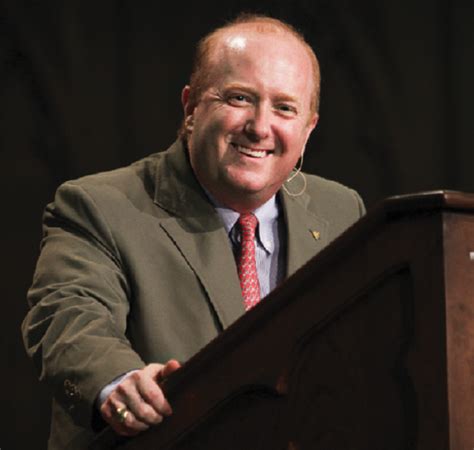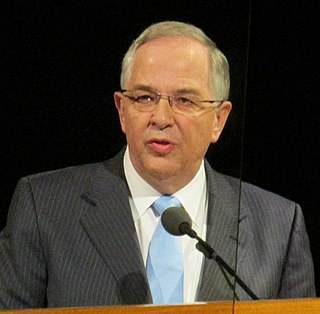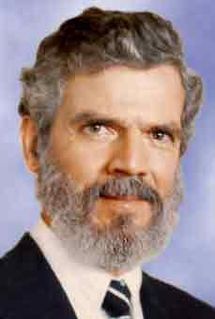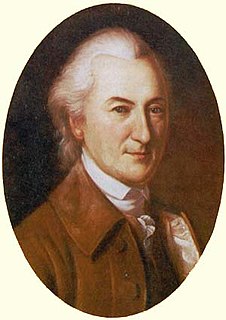A Quote by Carl von Clausewitz
Our knowledge of circumstances has increased, but our uncertainty, instead of having diminished, has only increased. The reason of this is, that we do not gain all our experience at once, but by degrees; so our determinations continue to be assailed incessantly by fresh experience; and the mind, if we may use the expression, must always be under arms.
Related Quotes
Increased spiritual strength is a gift from God which He can give when we push in His service to our limits. Through the power of the Atonement of Jesus Christ, our natures can be changed. Then our power to carry burdens can be increased more than enough to compensate for the increased service we will be asked to give.
What's great about the geek spirit is that life never seems to stop us, and they never seem to kill our enthusiasm, our optimism and our hunger to experience the world. We keep our sense of humor, we protect our dignity, we talk to our friends about the experience and then we start again fresh the very next day.
There are moments in our lives, there are moments in a day, when we seem to see beyond the usual- become clairvoyant. We reach then into reality. Such are the moments of our greatest happiness. Such are the moments of our greatest wisdom. It is in the nature of all people to have these experiences; but in our time and under the conditions of our lives, it is only a rare few who are able to continue in the experience and find expression for it.
The gift of faith is a priceless spiritual endowment... Our faith is centered in God our Father, and Jesus Christ, our Savior and Redeemer. It is bolstered by our knowledge that the fullness of the gospel has been restored to the earth; that the Book of Mormon is the word of God; and that prophets and apostles today hold the keys of the priesthood. We treasure our faith, work to strengthen our faith, pray for increased faith, and do all within our power to protect and defend our faith.
The worst possible thing for any of us - no matter what our temptations, no matter what our mortal inclinations may be - is to become fixated with them, to dwell on them. When we do that, not only do we deny the other things that comprise us, but experience teaches that there will be an increased likelihood that eventually we will simply succumb to the inclination.
It follows that the word probability, in its mathematical acceptance, has reference to the state of our knowledge of the circumstances under which an event may happen or fail. With the degree of information we possess concerning the circumstances of an event, the reason we have to think that it will occur, or, to use a single term, our expectation of it will vary. Probability is the expectation founded upon partial knowledge.
?Reading good literature is an experience of pleasure...but it is also an experience of learning what and how we are, in our human integrity and our human imperfection, with our actions, our dreams, and our ghosts, alone and in relationships that link us to others, in our public image and in the secret recesses of our consciousness.
Our knowledge and our ability to handle our problems progress through the open conflict of ideas, through the tests of phenomenological adequacy, inner consistency, and practical-moral consequences. Reason may err, but it can be moral. If we must err, let it be on the side of our creativity, our freedom, our betterment.
The aim of scientific thought, then, is to apply past experience to new circumstances; the instrument is an observed uniformity in the course of events. By the use of this instrument it gives us information transcending our experience, it enables us to infer things that we have not seen from things that we have seen; and the evidence for the truth of that information depends on our supposing that the uniformity holds good beyond our experience.





































